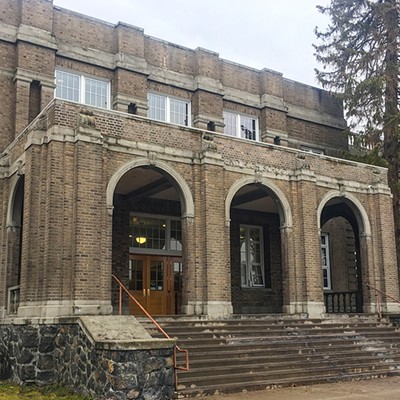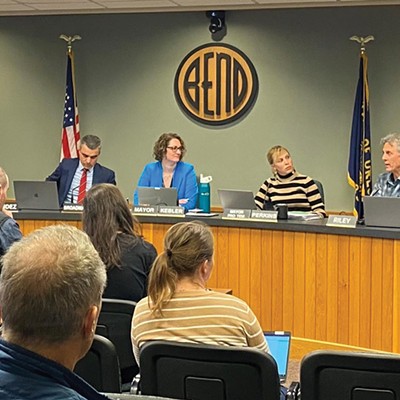Per state tradition, the Oregon State Legislative Assembly only meets for a "short session" during even-numbered years – giving state legislators just one month for legislative fixes and other stuff that didn't get done the previous year. But in 2024, that short session is shaping up to be on the long side.
Not only do Oregon legislators have to face a pile of work that didn't get done when some Republican members of the Oregon Senate denied quorum and participated in the longest walkout in state history – but now, it appears that legislators also have education reform and funding on their plates, too.
Last week, after the three-week strike that shut down Portland Public Schools ended, Gov. Tina Kotek announced that addressing the state's education system would be among her legislative priorities for the coming session.
Some were surprised that the accompanying document released by the governor's office, "Charting a Path Forward on K-12 Education," hardly mentioned graduation rates or reading competencies and focused instead on education spending, teacher salaries and the needed improvements at school buildings – but those are the issues that created the strike. The governor's document also mentioned some staggering statistics: That nearly 40% of students in Oregon's public schools did not regularly attend school in the 2022-23 year, and that enrollment dropped by about 30,000 students statewide. It's clear that not all of the issues afoot in Oregon education are directly related to the work of teachers.
Still, the strike did bring up some major issues in how we fund schools – and it's a topic Kotek plans to address. Her plan is to work with the legislature to "establish minimum teacher salaries and review funding for schools," aiming for a "proposal for minimum teacher salary schedules that make Oregon competitive with neighboring states, mitigate competition between neighboring districts, and reflect local cost of living." In addition, she aims to "make budget information that the State already collects from districts more accessible and easier to understand."
While transparency is important, the Portland strike has brought to light how funding for schools, ultimately, is a legislative issue.
As Tim Nesbitt, a former Oregon union leader, wrote in the Oregon Capital Chronicle:
"Budget documents show that roughly two-thirds of school funding comes from the state (income taxes and lottery receipts) and the other third from local districts (property taxes). But that's misleading. The Legislature controls both its own allocation to the State School Fund and the distribution of local school districts' property tax revenue, by equalizing funding across all districts.
"With the exception of some local option levies and bonds for capital projects, every local school district budget is set by the state. In effect, the 90 members of the Legislature function as a super school board, telling their underlings what they have to spend while remaining at arms' length from the consequences of underfunding or underperformance in our schools."
And as it pertains to Oregon legislators, our elected officials will hopefully, after seeing the strike at Portland Public Schools, now wake up to the crucial role they play not just the funding, but the outcomes at Oregon schools. Voters, meanwhile, should be the drivers of all the action.





















